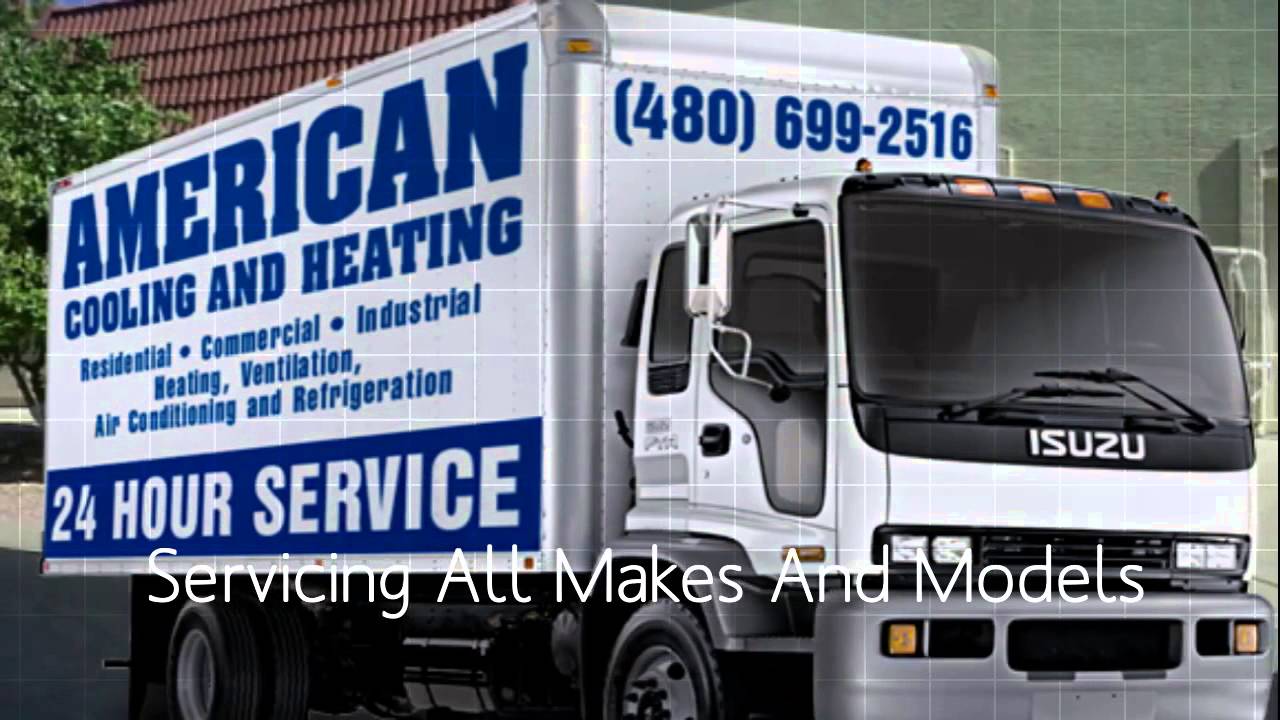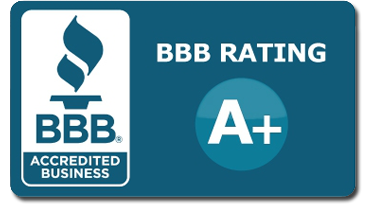Air Conditioning Efficiency – No Less Efficient Than Other Forms of Technology
Air Conditioning Efficiency Compared To Other Forms of Energy Hungry Technology
They keep asking the question: How can we improve air conditioning efficiency? Yet one must really wonder if these wonder appliances designed to improve the human lifestyle are actually any less efficient than other forms of current technology.
To answer that, let’s take a look at recent reports posted in the pages of Scientific American. Accordingly, the United States expends more energy on heating and cooling than most any nation worldwide, averaging roughly 185 billion kilowatt-hours yearly (1). And it’s not all due to changes evoked by global warming or even by the current 20-percent growth rate of worldwide sales in air conditioning equipment. Face it: We live in an age when both businesses and homes expect year-around comfort. It means employees work more efficiently. Families rest more fully. In fact, throughout the industry of factories and care centers, HVAC equipment is often used to improve resident and worker safety concerns.
Yet to reap the benefits of modern air conditioning efficiency, we burn more fossil fuels than ever before in the history of man. Sometimes the HVAC is used for heat and sometimes the A/C is for cooling. We do so with the full knowledge that air conditioning bears with it a long-term price in energy consumption. However, according to the 2013 deputy director of ARPA-E, air-conditioning is “inherently inefficient.”
But what does this mean, this term “inherently inefficient?” By what comparison is the statement driven?
According to the deputy director, “It’s (air conditioning) everywhere and it’s (HVACR equipment) a huge energy sink.”
The imposed impression tends to define A/C equipment as though some great villain is loosed among us. But what is the measuring stick? Is it a comparison of comfort-to-cost versus necessity-to-cost? Or is the comparison merely applying performance and function to cost for usage? Furthermore unless the efficiency measurements that define the distinction between necessity and comfort meet criteria that are suitable to the homeowner or the business in question such measures are without value.
Average Energy Consumption For A Home Air Conditioning System
According to a recent article in Forbes, your home’s central heating furnace in off or standby mode uses roughly half as much energy per year as does a notebook computer in off or standby mode (2). That’s 300 Watts versus 600 Watts. Consider some typically monthly kWh usage in home appliances items functional under normal use cycles*:
- Refrigerator … 30-200 kWh/month
- Dehumidifier … 80-160 kWh/month
- Water Heater … Averages 400 kWh/month
- 2.5 HP Swimming Pool Pump … 350-450 kWh/month
- Central Air … 300-900 kWh/month
- Heat Pump … 600-1,800 kWh/month (heating and cooling.)
Most appliances do not run 24/7. However, items such as hair dryers, curling irons, and vacuum cleaners typically consume more energy per hour of usage than do modern refrigerators. Energy consumption must be measured in balance with the service performed. Without defining a scale for cost-versus-achieved-benefit, it seems senseless to isolate any single technology as though that technology is less efficient than some other form of technology. After all, in spite of government efforts to regulate and force improved transportation-related efficiency, automobiles can readily be defined as an unnecessary comfort that is in many ways “inherently inefficient.”
New Heating and Cooling Technologies and the Primary Focus Of Use
Clearly current technology in air conditioning efficiency has not reached maximum capacity. Conventional systems continue to use refrigerants in the core cooling process. For cooling, heat is absorbed and then expelled into the outside world. For heating with a heat pump, the process is reversed. And in either event, the HVAC process demands use of electrically powered compressors, fans and pump systems. Efficient air conditioning doesn’t necessary mean that consumers will receive a create decrease in the cost of operation. To rightly measure this process, we must always balance cost to effectiveness.
One new concept in heating and cooling involves replacing the typical super-powered fluids and gases with some form of solid material. By using materials such as bismuth telluride and other applicable solids as a means of absorbing heat, both refrigerators and other air conditioning equipment can be manufactured without use of so many moving components. This not only reduces the electrical demands, but it also reduces the possibilities of equipment breakdown.
One strange point mentioned during many of the discussions concerning new cooling technology always seems to involve not so much the concept of cost as it does the concept of “necessity.” And it seems often to be a “necessity” that is also directly linked to comfort. Certainly the greater measure of HVACR research seems focused on life-saving applications wherein refrigeration of medical supplies, food and more come to the surface as the front-runners. However there is also much concern about providing efficient dehumidifiers and air conditioning for American military personal stationed in extreme overseas hotspots. And lastly, but not necessary least important is the question of how the U.S. as a nation and how the world as a whole is going to efficiently adapt to a future of increasingly extreme heat waves?
Whether addressed as a “comfort” item or as a “necessity” item, we need air conditioning efficiency that includes cost-effective pricing, long-term energy efficiency, and effective performance. If air conditioning equipment is as declared by the 2013 deputy director of ARPA-E “inherently inefficient”, so too are our cars, buses and hot water heaters. HVAC technology is no less efficient than many other forms of modern technology. As to purpose performed versus the cost, for me A/C rates among the most valuable current pieces of home improvement equipment. For a free estimate on Arizona installation of efficient Air Conditioning products, contact American Cooling and Heating today.
Disclaimer: The contents of this article are intended to provoke discussion. They reflect the thoughts and concerns of the author, and do establish any particular standing by American Cooling and Heating as an Arizona HVAC installation and service center.
Note: * kWh based upon national average

 You will see on the documentation at American Cooling and Heating. We provide fast and reliable 24-hour Arizona residential HVAC services. Our customers vouch for our reliability and honesty.
You will see on the documentation at American Cooling and Heating. We provide fast and reliable 24-hour Arizona residential HVAC services. Our customers vouch for our reliability and honesty.